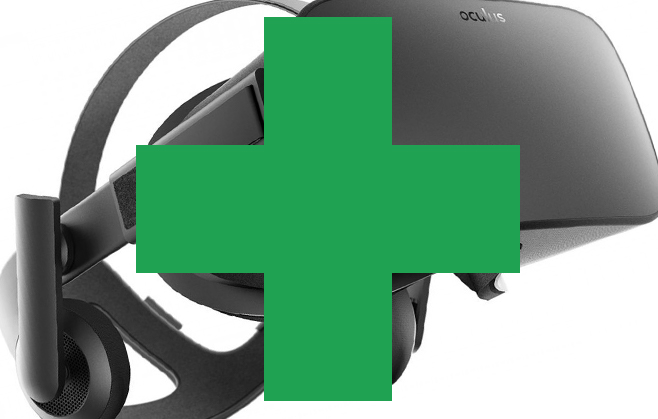
Brands using VR: An effective marketing tool?
As far as the future of marketing is concerned, Virtual Reality is a top priority for brands. With more and more incorporating this technology, we’re interested to see whether this will strengthen their campaigns.
Hotel chain Best Western is using ultra-high definition, 8K resolution VR videos to enable customers to view its hotel features, explore rooms and locations before they book. By teaming up with Google Street View, the hotelier has been able to collect a staggering 1.7 million shots of its US hotels so far. Best Western will continue to use Google’s technology in conjunction with voiceovers and music, and by the end of the Summer, the company hopes the VR experience will be a part of all its hotels nationwide. Aside from its site, these videos will be available on a number of platforms including YouTube and Facebook, as well as via Google search and Maps.
In an effort to bolster its reputation, McDonald’s UK decided to use VR in order to display its initiatives for sustainability, resulting in a month-long campaign throughout May. This saw the fast food company showcase a new campaign, “Follow Our Footsteps”, enabling viewers to “follow their food” from farm to restaurant- this will be part of the company’s existing Farm Forward project. The aim behind this is to allow consumers to see the detailed processes involved in how their food is sourced and produced, as well as giving insight into the kinds of jobs available in the UK food and farming industries. Farmers across the country were given Oculus and Samsung Gear headwear to chart daily tasks, resulting in a nation-wide campaign focused on story-telling, which will also be used as a recruitment tool for the company’s supply chain. Aside from being an engaging marketing tool to promote McDonald’s brand values and products, it’s clear that including VR will offer detailed insight into the company for the purposes of attacking future employees.
Likewise, Unilever is now looking to use VR in order to promote its own sustainable initiatives. According to Ukonwa Ojo, Senior Global director for Knorr, (one of the company’s subsidiaries), the brand is investigating this technology in order “to tell richer stories”, especially when it comes to how it is endeavouring to lessen its environmental footprint- the company claims that it aims to halve this by 2030.
Over in the far-East, online giant Alibaba recently launched a VR campaign on its mobile app, inviting users to enjoy virtual dates with either a male or female celebrity. On 20th May, a Chinese romantic holiday, users were able to join the celebrity of their choice for a virtual breakfast or full day through their smartphone’s VR viewer, and by using the designated QR code. By piggybacking seasonal events, Alibaba has proven again that trends mean big consumer business- and combining these with the latest technology is an even more powerful way to attract loyal customers. And Alibaba isn’t the only company using its mobile app as a VR medium- as we mentioned in our last post, global organisations such as the New York Times, have already been capitalising on this. The NYT for instance, has already set the bar for future tech endeavours within the media world, with its exclusive mobile app solely for VR videos. These span several areas, including topical features, documentaries, and reported footage from their journalists worldwide.
Do you think VR will be a highly useful marketing tool for brands in future? Which industries do you see this technology working particularly well in? We’d love to hear your thoughts, so please tweet to us @PracticeDigital and share your comments on our Facebook page.




